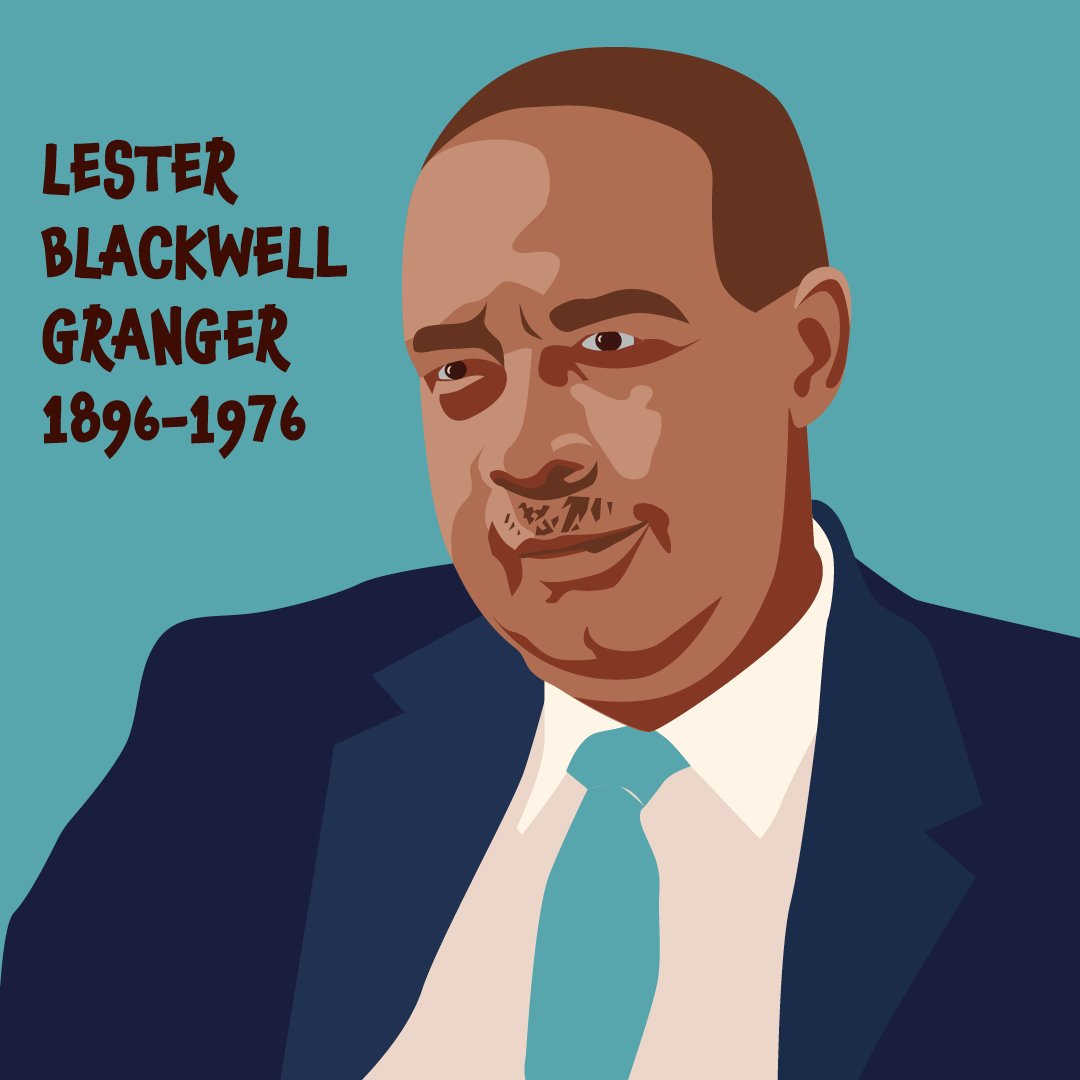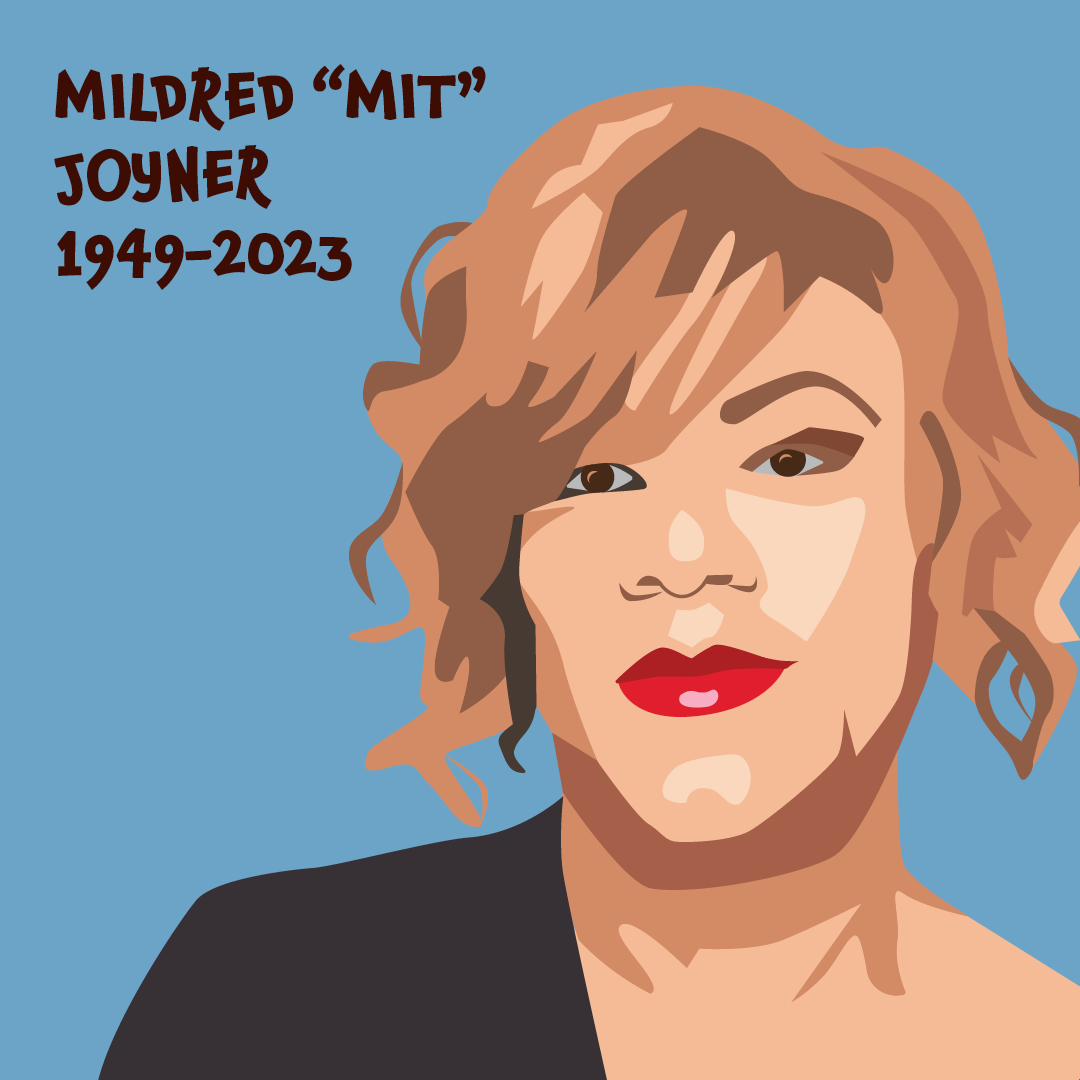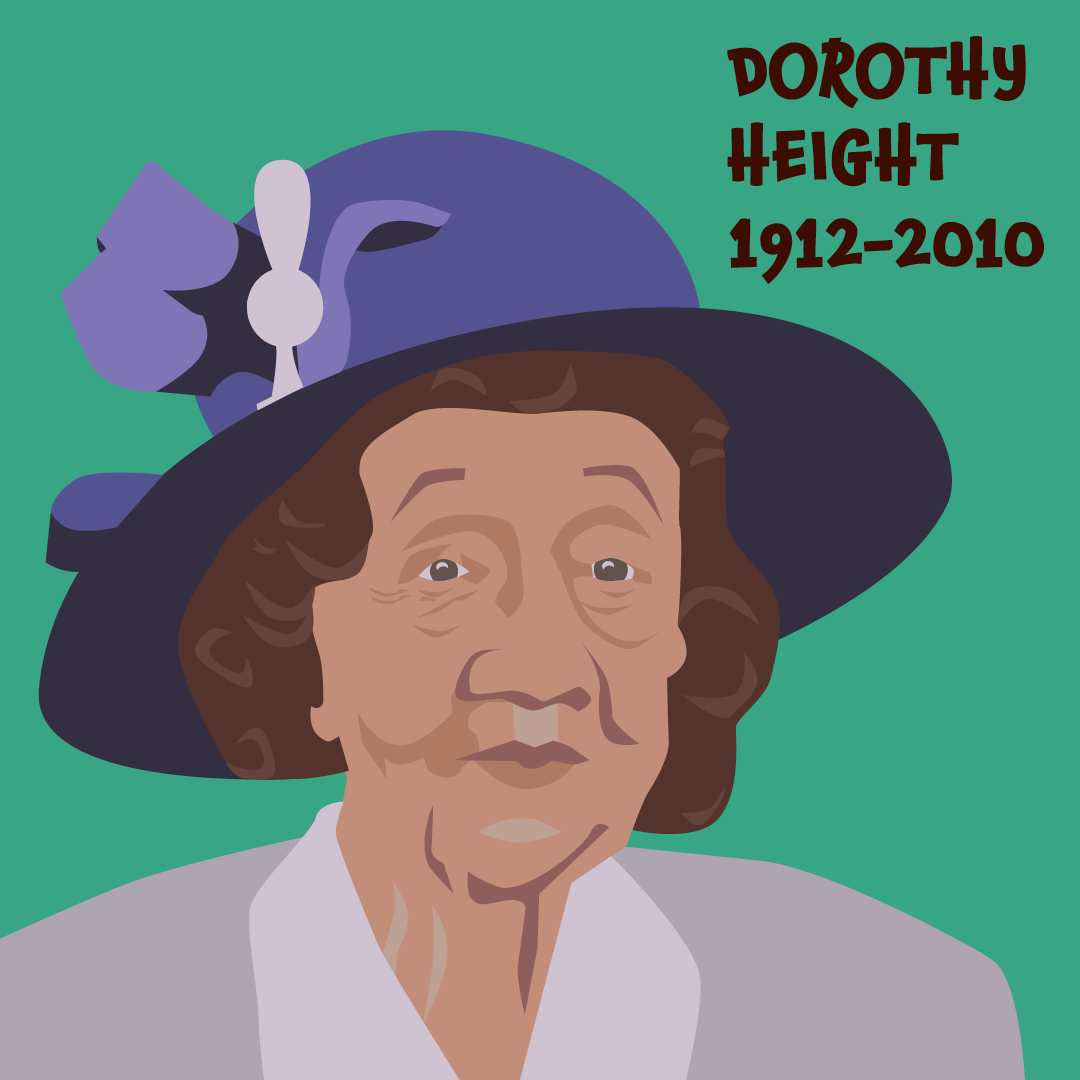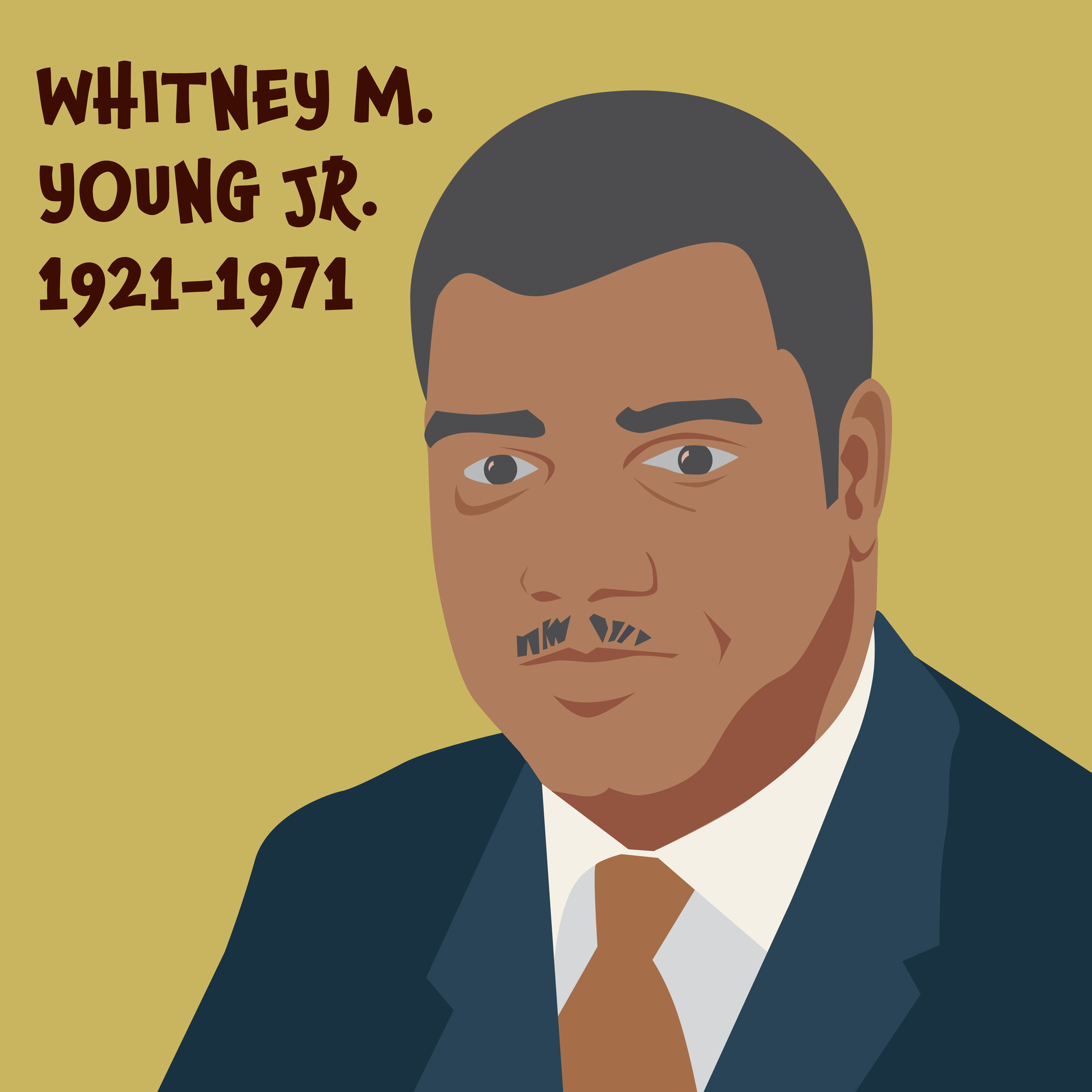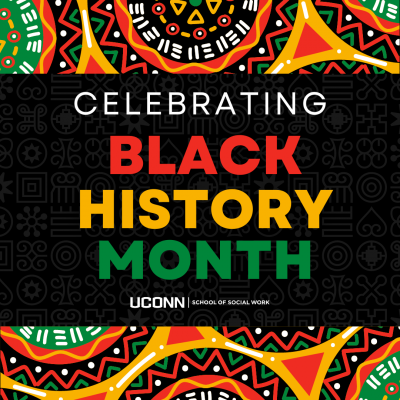Dear Colleagues,
At the School of Social Work, we look forward to celebrating Black History Month and promoting the history, culture, and achievements of Black and African Americans communities. For social workers, commemorating Black History Month aligns with our profession’s core values, including the commitment to social justice and the dignity and worth of each person – particularly those who are underserved and historically marginalized.
Highlighting Black History Month is also an expression of our School’s mission, as described in our Strategic Plan, which advances continuing work on diversity, equity, inclusion, and anti-racism. Our Black History planning committee engages in this critical work by honoring Black lives, contributions, and culture.
This February, we are promoting the achievements of Black leaders in social work and social change. All month we will have on display in our building at 38 Prospect Street in Hartford posters of four trailblazers who each made a significant and lasting impact on civil rights and social justice. They are Lester Blackwell Granger, Mildred “Mit” Joyner, Dorothy Height, and Whitney M. Young, Jr. You can read about their work on our website.
Throughout the month, we will also share a slideshow celebrating Black history, culture, and music. Please be sure to visit and enjoy this slideshow display in our School’s rear hallway and lower level. Additionally, I encourage you to participate in events at UConn and in your community that highlight the ways in which Black and African American communities have changed and continue to shape our collective history, society, and futures.
In solidarity,
Laura Curran, Ph.D.
Dean and Professor
